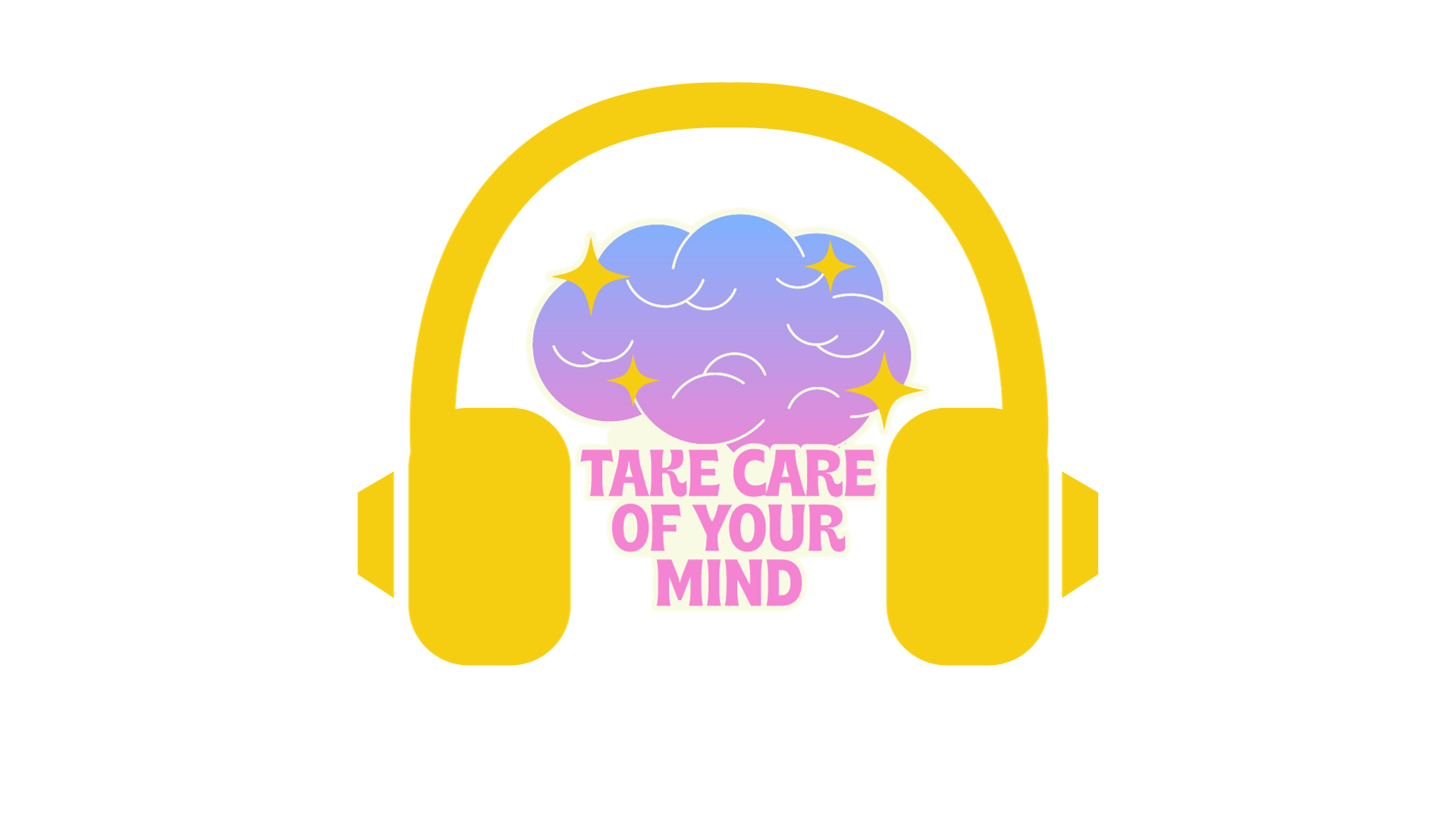
In the grand tapestry of human existence, few forces wield the transformative prowess to touch the depths of our souls quite like music.
Music has long been recognised as a powerful form of expression and a source of enjoyment for people from all walks of life. From the rhythmic beats that accompany our triumphs to the melodic tunes that cradle our sorrows, music has been a timeless companion, transcending cultural boundaries and resonating across the spectrum of human emotion. While its role as a source of pleasure and entertainment is undisputed, the profound impact of music on our mental health is just beginning to be fully understood.
By delving into the intricate relationship between music and mental health, we can explore the therapeutic potential of music and its ability to uplift and heal.
The science behind music’s influence on mental health
Neuroscientists have uncovered fascinating insights into how music affects the brain. When we listen to music, various regions of the brain are activated, triggering emotional and physiological responses. For instance, studies have shown that listening to music can stimulate the release of dopamine, a neurotransmitter associated with pleasure and reward. This chemical reaction in the brain can have a positive impact on mood and overall mental well-being.
Music as a tool for stress relief and relaxation
The soothing melodies and harmonious rhythms found in music can serve as a powerful antidote to stress and anxiety. Whether it’s the gentle strumming of a guitar or the melodic tune of a piano, music has the ability to calm the mind and promote relaxation. This is particularly evident in the use of music therapy, where individuals engage in guided musical activities to reduce stress levels and improve their emotional state.
Channelling emotions through music
One of the remarkable aspects of music is its capacity to capture and convey a wide range of emotions. Whether it’s the melancholic notes of a violin or the upbeat tempo of a lively tune, music provides an outlet for expressing and processing emotions. For individuals grappling with mental health challenges, music can offer a channel for articulating complex feelings that may be difficult to put into words.
Music as a source of empowerment and inspiration
Beyond its role in soothing and comforting, music has the power to inspire and uplift individuals facing mental health obstacles. The lyrics and messages conveyed in songs can resonate deeply with listeners, offering a sense of connection and encouragement. Moreover, engaging in musical activities such as singing or playing an instrument can instil a sense of accomplishment and empowerment, fostering a positive mindset and renewed motivation.
Integrating music into mental health care
Recognising the therapeutic potential of music, mental health professionals are increasingly incorporating music into their treatment approaches. From utilising music therapy techniques to integrating music into mindfulness and relaxation exercises, the integration of music in mental health care has shown promising results. By harnessing the emotional and psychological impact of music, clinicians are expanding their toolkit for supporting individuals on their mental health journeys.
Embracing the healing harmony of music
Music serves as a compelling medium for promoting stress relief, emotional expression, empowerment, and inspiration. As we continue to unravel the intricate relationship between music and mental health, embracing the healing harmony of music offers a pathway to enhanced well-being and emotional resilience.
Unlock the therapeutic potential of music in nurturing mental health, and embark on a journey of healing and self-discovery through the captivating power of melodies and rhythms.










